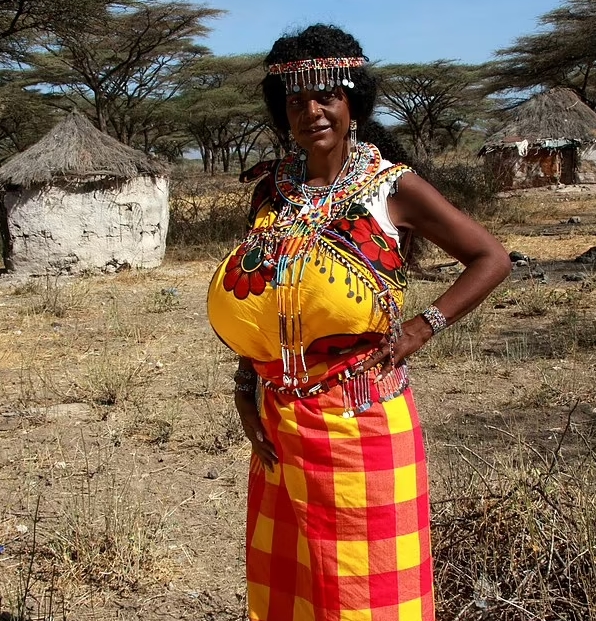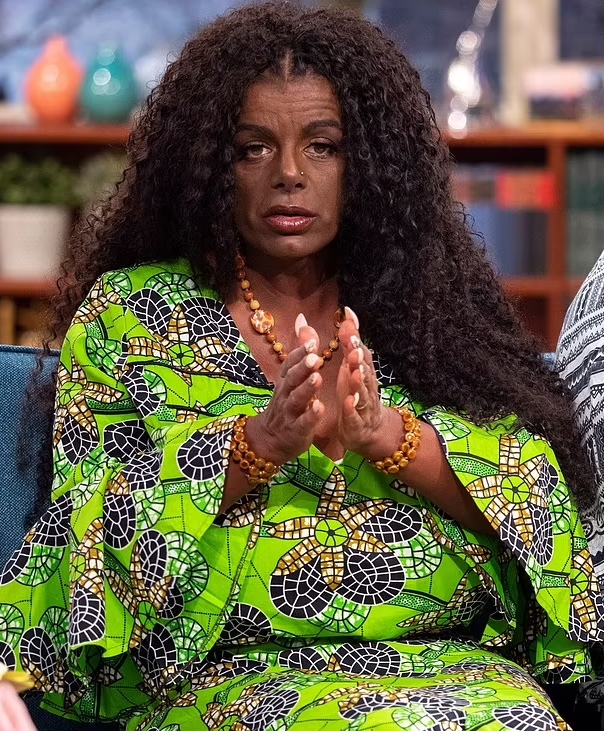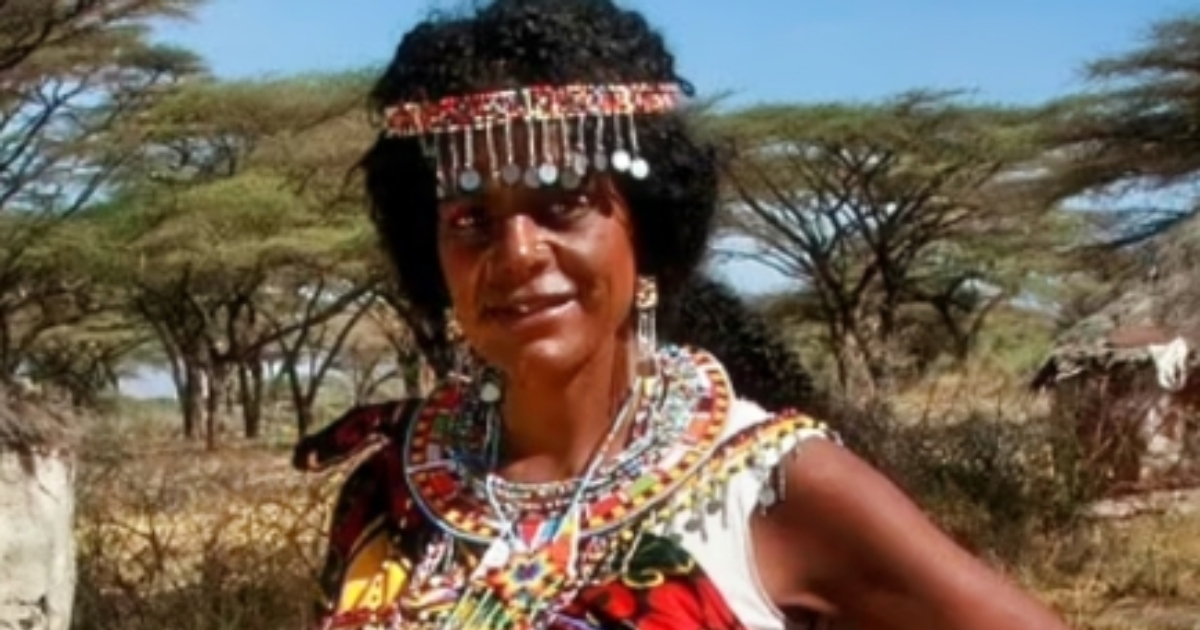Martina Big, a 36-year-old German glamour model who was born white but now identifies as Black, has spoken about her desire to “build bridges” between races after undergoing a baptism ceremony in Africa. Big revealed to FEMAIL that she was christened Malaika Kubwa, meaning “Big Angel” in Swahili, during a 2019 ceremony at a Kenyan church. This religious event marked a significant step in her transformation, which began in 2017 when she declared “it’s better to be black” after using Melanotan injections to darken her skin.


Big and her husband, Michael Eurwen, both born white, used Melanotan, a synthetic hormone, to darken their skin. While Eurwen achieved a “medium” tan, Big claims that three injections turned her skin black. Over the years, Big has continued her transformation, spending nearly £67,000 on altering her appearance to align with her self-perceived “racial identity” of being Black. This has included changing her skin color, eye color, and hair. Her actions have drawn significant criticism, with accusations of Blackface and cultural appropriation.



Despite the controversy, Big asserts that her transformation is complete and that she views herself as Black. She has made three trips to Africa and now sees herself as a “bridge” between races. When confronted about potentially offending people who were born Black, Big says she receives emails from people who want her help to achieve a different appearance. She maintains that she knows how to live her life and wants to build connections between different racial groups.

Big has also undergone numerous surgeries to achieve her desired appearance, including breast augmentations, rhinoplasty, and liposuction. She plans to further enhance her breasts to an extreme size. In 2019, she controversially claimed that her future children would be born with dark skin, a statement that drew widespread skepticism. Big’s journey, marked by physical transformation and claims of racial identity change, continues to spark debate and raise questions about race, identity, and cultural sensitivity.
